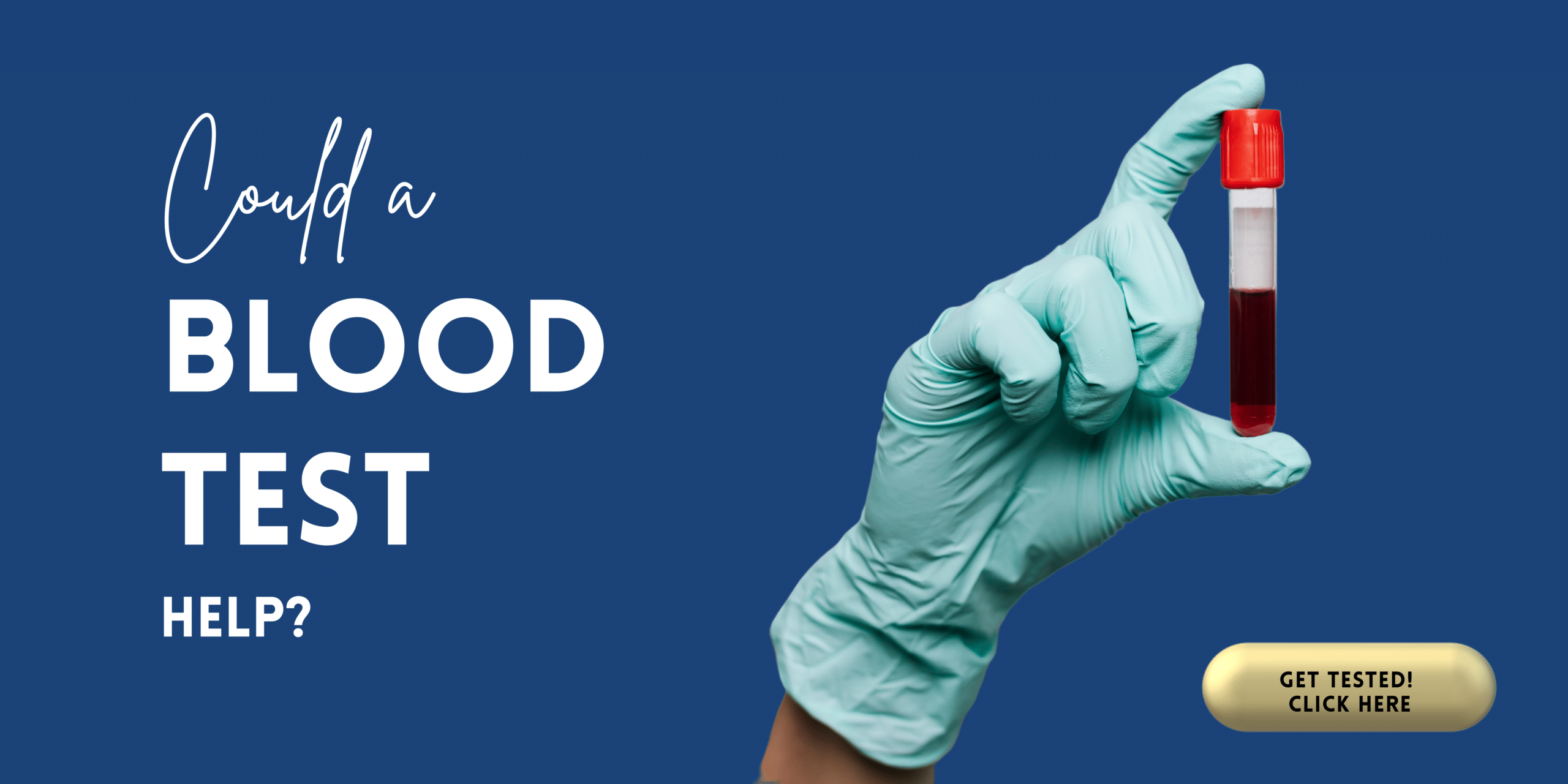Do you find it hard to lose weight as a man? You’ve tried to eat right and work out, but you still need to get the results you want. Before you start another plan to lose weight, you should get a blood test for weight management. A blood test for weight management is an easy and quick way to get a full picture of your health. It has several tests that can help find any underlying problems that may be causing you to struggle with your weight. By understanding these underlying problems, you can adjust your plan to deal with them and increase your chances of success.
One of the best things about a blood test for weight management is that it can help you ensure your weight loss plan fits your needs. For example, if your test results show low testosterone levels, you should focus on building muscle mass to lose weight. On the other hand, if your results show that you have a lot of inflammation, you may want to focus on eating a good diet to reduce inflammation.
However, a blood test for weight management can help with more than just weight loss. These tests can also help find health problems, like high cholesterol or diabetes, that could harm your health. By noticing these risks early on, you can take steps to stop them from getting worse. So, what does a blood test for men’s weight management include? Here are a few of the most important parts:
(CMP-14) Comprehensive Metabolic Panel: This test checks for chemicals in your blood, like glucose and electrolytes, and how to tell if your liver and kidneys are working.
Complete Blood Count with Differential and Platelets (CBC Test): This test counts and sorts the red and white blood cells and platelets in your blood.
Lipid Profile: This test checks how much cholesterol and other fats you have in your blood.
Dehydroepiandrosterone (DHEA) Sulfate: This test checks how much DHEA, a hormone made by the adrenal gland, is in the body.
Total and Free Testosterone: The amount of testosterone in your blood is measured by this test.
PSA, or prostate-specific antigen: A protein made by the prostate gland. This test measures how much PSA is in the body.
Estradiol: This test checks how much of a type of estrogen called estradiol is in your blood.
C-Reactive Protein Cardiac: This test checks how much C-reactive protein, a sign of inflammation, is in your blood.
Thyroid-stimulating Hormone (TSH): This test measures the amount of TSH in your blood. The pituitary gland makes TSH, which helps control how your thyroid works.
Tri-iodothyronine Free Direct Serum (T3): This test measures how much of a hormone called T3 is in your blood.
Serum Free of Thyroxine (T4): This test checks how much of another thyroid hormone called T4 is in your blood.
Homocysteine: This test checks how much of an amino acid called homocysteine is in your blood.
When you get the blood test results, you can use them to make decisions about your life that will help you lose weight and improve your health. Here are some ways you can change your life based on the results of your test:
If your test results show low testosterone levels, consider adding weight lifting and resistance training to your workout routine to help boost your testosterone levels and build muscle mass.If your test results show that you have a lot of inflammation, you should eat more foods that fight inflammation, like leafy greens, berries, and fatty fish.
If your test results show high cholesterol, you should eat more heart-healthy foods like oats, nuts, and avocados. Talk to your doctor about taking medicines to lower your cholesterol.
If your tests show that you don’t have enough thyroid hormone, you should talk to your doctor about taking thyroid hormone supplements. You should also eat more foods high in iodine, like seaweed and dairy products.
Remember that everyone has a different body, so what works for one person might not work for you. Work with your doctor or a registered dietitian to devise a plan for losing weight that fits your needs and health goals.
In conclusion, a weight management blood test can be a helpful tool for men who want to lose weight and improve their overall health. By understanding any underlying problems and making lifestyle changes based on the results of your tests, you can set yourself up for success and make changes that will last.
